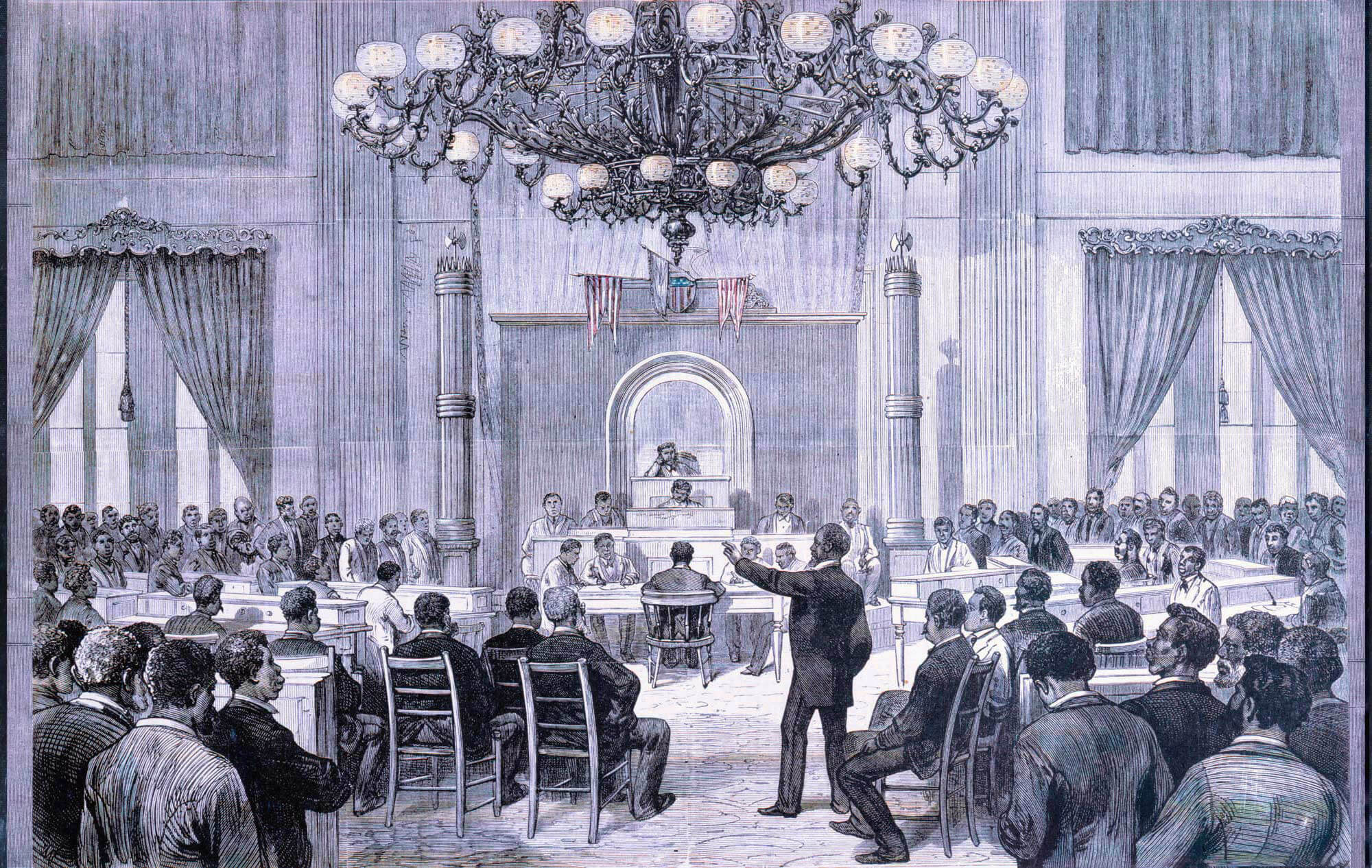Jonathan Jones, Richards Center postdoctoral Fellow in the Civil War Era, recently contributed an op-ed to the Washington Post‘s Made by History blog. Jones responded to Texas Governor Greg Abbott’s recent demand that a Texas middle school teacher be fired for teaching the historical connections between slavery and Jim Crow and contemporary instances of police brutality. The governor argued this was “the opposite of what must be taught” in Texas history classrooms. Dr. Jones disagrees and argues in his article that teaching accurate history about white supremacy might be painful, but it is essential in creating a more just society. Readers with a Washington Post subscription can access Jones’s article by clicking this link.
The Richards Center recently agreed to become a sponsor of Made by History, which was founded in 2017 by Dr. Brian Rosenwald, University of Pennsylvania, and Dr. Nicole Hemmer, University of Virginia. Other editors include Dr. Kathryn Cramer Brownell, Dr. Carly Goodman, and Dr. Keisha Blain. Made by Historyaddresses contemporary issues in a historical context aimed at deepening readers’ understanding of current events. Through this sponsorship, Richards Center-affiliated scholars will receive preference in publishing articles on the blog, bringing their scholarship to a wider audience.
Amira Rose Davis, assistant professor of History and African American Studies, is one of seven scholars featured in a special issue of The American Historian, titled “History of Black Lives.” The American Historian is a monthly publication of the Organization of American Historians. The seven articles in this special issue seek to historically contextualize the nation-wide protests that occurred in the wake of the murders of George Floyd, Breonna Taylor, and others. In her article, “No More Games: Understanding the Latest Wave of Athletic Activism,” Dr. Davis links current protests against police brutality and racial and social injustice to earlier waves of athletic activism. Sport always has been used to communicate notions of identity and belonging, making it a natural site of athlete protest. Davis notes, “this current moment is both reminiscent of earlier activism and unlike anything we have ever seen. It’s a tidal wave. The real shift has come when individual protests morphed into collective action and mobilization of Black athletic labor solidarity.” The labor solidarity of Black athletes suggests to Davis that this “athletic revolt seems ripe with unprecedented possibilities.” You can read her article by clicking this link. To access the special issue, “History of Black Lives,” click here.
Davis also appears, along with Center-affiliated faculty Dr. Cynthia Young and Dr. Anne Marie Mingo, in the September/October issue of Penn Stater magazine. In this issue, the scholars discuss current protests in response to state violence against Black Americans in the context of the long, historical struggle for equal rights.

